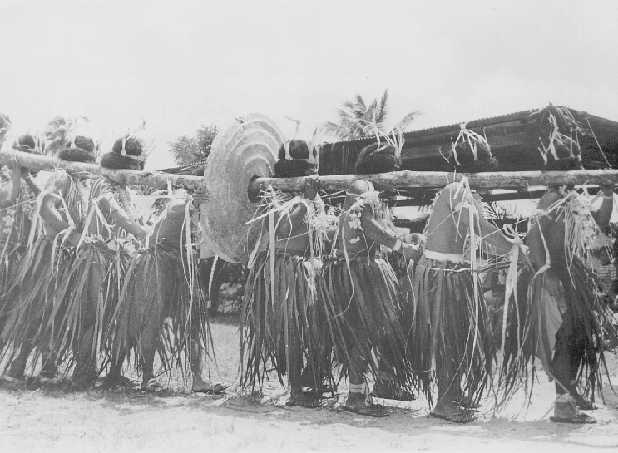Language/Multiple-languages/Culture/Basics-of-Economy
When you read news, the “finance” section is often puzzling. What is the interest rate that Federal Reserve System is raising and why do so? Why are German enterprises investing the People's Republic of China, even in Xinjiang? What has Erdoğan been doing?
We also have seen that currently, every major economy doesn't have a clear future. So, it is starting to be necessary to have some knowledge of economy.
In this lesson, we will first learn the basic ideas of economy in understandable language by common people concisely, then we will see the history from Yalta Conference till nowadays.
I make mistakes from time to time. As a result, don't believe what I say without critical thinking.
In progress
Basic ideas
Let's start from asking questions.
What is the currency?
Currency is a tool for storing the value and exchange.
Imagine you were living as a primitive. You had harvested some fruits and want to eat meat, meanwhile someone has hunted animals and want to eat fruits. You two exchanged your goods and the deal is done. Sometimes you found beautiful shells and pebbles that everyone likes, then things start to change: if you have fruits and want to eat meat, meanwhile no one has meat and someone wants fruits, you can exchange fruits for those shells and pebbles, save them and when someone has meat, exchange the shells and pebbles for meat.
When the metallurgy had come into being. Gold and silver are hard to suffer damage and rare, so everyone value them highly and they have become the currency.
In Song dynasty, some people with a large amount of silver opened a store, saying that if you store your gold and silver in one of their stores and pay some fee, you can get a paper note and take the same amount of silver out in another store with it. The paper note is very cheap and it is the trustworthiness of the store owners that makes the paper notes value as much as the silver or other currencies. Later, you and other people simply exchange the paper notes.
Today, someone invented an algorithm based on cryptography. In this system, every user has a same ledger of all transactions by all users. To add a transaction to the ledger, computers need to try out random series of number to find a valid one, based on the details of the transaction. Who has found it will get paid. If someone tried to forge a ledger, then his/her ledger will be shorter than anyone else's, because his/her computer can't compute as fast as the combination of all computers in this system, so it should be fake.
On Yap Islands in Micronesia, the stone money raay were used. Because all the stones are public, the ownership of each of them is public, there is nothing under the table.

Will people get rich if I simply print banknotes and distribute them?
When the banknotes become too much for the value in the society, they will devalue. Given 100 apples, if there have 10 banknotes, then each banknote corresponds to 10 apples; if there are 100 banknotes, then each banknote corresponds to 1 apple.
Values in a society will increase. When there are 1000 apples and you still have 100 banknotes, then each banknote corresponds to 10 apples. So you need to print 900 banknotes to make it 1000 banknotes, each banknote corresponds to 1 apple again.
In the situation where the increase of value doesn't catch up the increase of banknotes, it is an “inflation”; in the contrary situation, it is a “deflation”. In fact, inflation and deflation are not limited to banknotes, but any other currencies. After a war, there could be much gold and silver moving from the one country to another, causing deflation and inflation separately.
Inflation and deflation, which one is better?
A society can't only rely on itself. People need to trade with other societies to satisfy their needs. Currencies are also merchandises. Different societies have different currencies. If the A currency appreciated (increased in value), then when you exchange your A currency with B currency, you can get more B currency, which means buying more goods in another society; if your A currency depreciated (decreased in value), then you need to spend more hA currency to exchange B currency, which means buying less goods in another society.
You can see that during an inflation, people outside your society buy more of your products, i.e. you can export more products; during a deflation, people inside your society buy more products outside your society, i.e. you can import more products.
